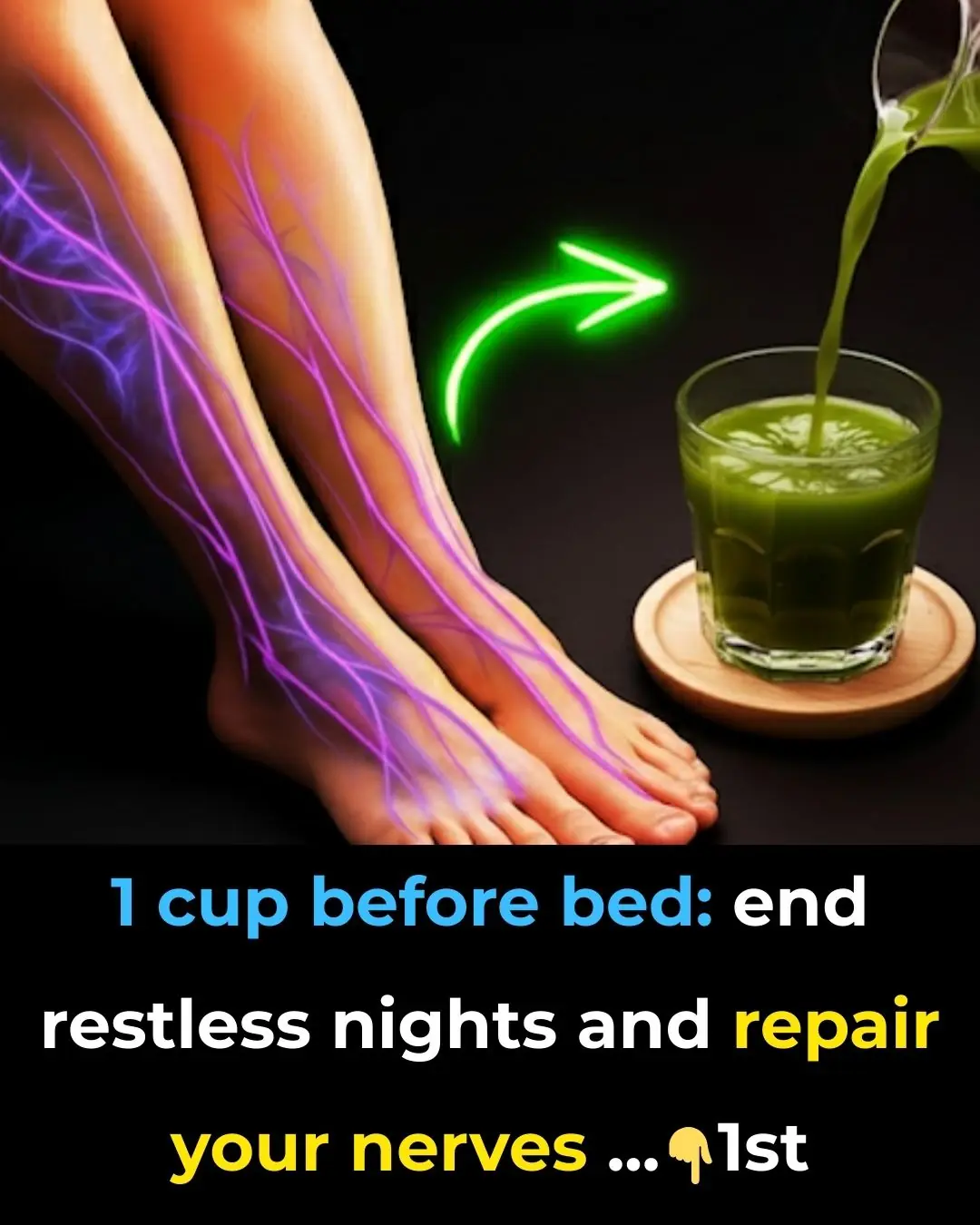
The Truth About “Old Person Smell”: What Causes It And How To Get Rid Of It
We all know it, even if we’re too polite to talk about it…
That faint, musty scent in our grandparents’ homes. The unmistakable aroma in long-term care facilities. A subtle but distinct odor that clings to clothing and seems to linger in the air. For years, people have jokingly referred to it as “old person smell.” But it turns out, this isn't just a cultural stereotype or a figment of our imagination—science confirms that this scent is real, and there’s a name for it.
Interestingly, this naturally occurring odor isn’t a result of poor hygiene or neglect. Even older adults who are scrupulously clean and healthy can produce it. The root cause? A chemical compound known as 2‑nonenal, which signals a shift in our body’s chemistry starting as early as our 40s.
But before you reach for strong perfumes, scented sprays, or industrial-strength soaps, you should know: there are more effective, natural ways to address this issue—starting from inside your body.
What Exactly Is “Old Person Smell”?
Scientists have identified 2‑nonenal, an unsaturated aldehyde, as the key molecule responsible for this characteristic scent. It’s formed through a process called lipid peroxidation—which, simply put, is the breakdown and oxidation of fatty acids in the skin.
As we age, several changes occur in our skin and body chemistry that encourage the production of 2‑nonenal:
-
Sebaceous glands begin producing more unsaturated fatty acids.
-
Antioxidant defenses weaken, leading to a rise in free radicals.
-
Skin cell turnover slows, meaning dead cells and oxidized lipids linger longer on the surface.
This combination results in the production of 2‑nonenal, which carries a distinctive grassy, greasy, or slightly metallic scent. Notably, this odor is specific to aging and is not effectively removed by regular soap or body wash, as 2‑nonenal binds strongly to skin lipids.
A 2001 study in the Journal of Investigative Dermatology confirmed that people over the age of 40 had significantly higher levels of 2‑nonenal in their body odor. Interestingly, the smell was described not as offensive, but as uniquely different.
It’s Not Just About Getting Older
While aging is a major factor, it’s not the only one. Lifestyle choices, environmental exposure, and hormonal changes also play a role in accelerating the production of 2‑nonenal and other odor-causing compounds.
Some contributing factors include:
-
Diets high in processed foods, trans fats, and sugars
-
Constant exposure to pollution, chemicals, or smoking
-
Chronic stress, which increases cortisol and oxidative stress
-
Poor hydration, which affects skin quality and detoxification
-
Lack of exercise, reducing circulation and skin regeneration
Moreover, hormonal fluctuations—especially during menopause and andropause—change the composition of skin oils. As estrogen and testosterone decline, sebum changes in texture and chemical makeup, becoming more prone to oxidation and bacterial breakdown.
Even certain medications (like diuretics or statins) or underlying health conditions such as diabetes, liver disease, or kidney dysfunction can subtly alter body odor, as they affect how the body eliminates toxins.
Why Traditional Hygiene Products Fall Short
You might think that showering more often or using stronger deodorant would help—but these strategies rarely work on 2‑nonenal. Here’s why:
-
It adheres tightly to skin lipids, making it resistant to washing
-
It builds up slowly, often going unnoticed by the individual
-
Most soaps and shampoos aren’t designed to target oxidized fats
-
Many commercial products contain harsh chemicals or fragrances that can irritate aging, sensitive skin
In fact, overusing scented body products can disrupt your skin’s natural barrier and microbiome, making the situation worse.
So what can you do?
The Science-Backed, Inside-Out Approach
The most effective way to combat “old person smell” is by supporting your body’s defenses from within, while also using gentle, targeted skincare. Here are four evidence-backed strategies:
1. Increase Your Antioxidant Intake
Antioxidants help neutralize free radicals, reducing oxidative stress that contributes to 2‑nonenal production.
-
Shiitake & Oyster Mushrooms – High in ergothioneine, which protects cells from oxidative aging.
-
Berries – Blueberries, raspberries, and blackberries are loaded with vitamin C and flavonoids.
-
Leafy Greens – Spinach, kale, and arugula provide chlorophyll, magnesium, and other skin-friendly nutrients.
-
Green Tea – Rich in EGCG, an antioxidant that protects and regenerates skin cells.
2. Try Supplements Like Spermidine
Spermidine, a naturally occurring compound found in wheat germ, aged cheese, mushrooms, and soy products, supports autophagy—your body’s internal cellular cleanup system. By encouraging the breakdown of damaged skin cells and toxins, spermidine may reduce the surface buildup that causes odor.
Emerging research even links spermidine to healthy aging, improved metabolism, and better skin resilience.
3. Use Skincare That Targets 2‑Nonenal
Some Japanese skincare brands have created specialized products that effectively neutralize 2‑nonenal using natural, non-irritating ingredients:
-
Persimmon extract – Known to neutralize odor molecules
-
Green tea & charcoal – Detoxify skin and absorb excess oil
-
Citric acid – Helps dissolve oxidized fats gently
Look for cleansers, body washes, and lotions specifically formulated for mature skin, often labeled as “deodorizing” or “anti-aging body care.”
4. Prioritize Stress Management and Sleep
Stress isn’t just a mental state—it changes your body chemistry. Chronic stress raises cortisol, a hormone that increases inflammation and oxidative damage, which in turn accelerates aging and odor production.
Simple practices can help:
-
Daily movement (walking, stretching, light exercise)
-
Deep breathing exercises or meditation
-
Consistent sleep routines that allow the body to repair overnight
Could Body Odor Signal a Medical Condition?
In some cases, yes.
A sudden or dramatic change in body odor, especially when accompanied by memory loss, confusion, or behavioral shifts, may be an early sign of a neurological issue such as Alzheimer’s disease. Recent research even shows that dogs and specialized sensors can detect unique scent markers associated with cognitive decline.
This doesn’t mean every change in smell is alarming—but it’s a reminder to pay attention to what your body is telling you.
Age Gracefully—Without the Odor
Aging is not something to be feared—it’s a privilege. But the biological changes that come with it, including the infamous “old person smell,” don’t have to be permanent or unavoidable.
By addressing your internal health, optimizing your nutrition, managing stress, and using smart, targeted skincare, you can reduce or prevent the production of 2‑nonenal and other aging-related odors.
So the next time someone mentions that curious scent associated with older age, you’ll know the truth: it’s not about hygiene—it’s about chemistry. And with a few simple lifestyle changes, it’s something you can take control of.
News in the same category


5 foods that heal your body and STARVE cancer—eat these now!

Preventing Stroke At Any Age: 3 “Don’ts” After Meals—And 4 “Don’ts” Before Bed

12 surprising foods that help dissolve blood clots naturally

New B::l:ood Pressure Guidelines: 4 Things I Like and 2 Concerns
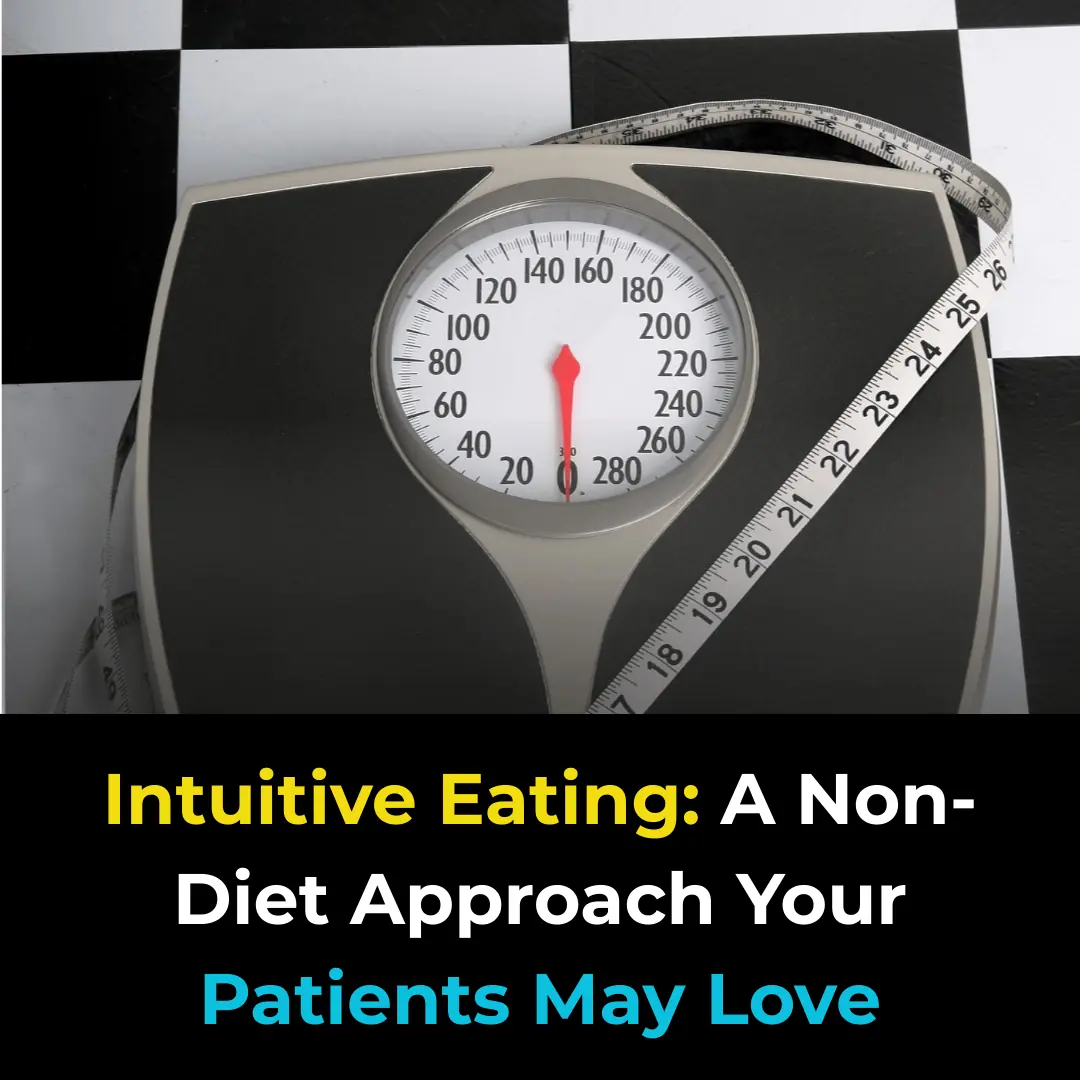
Intuitive Eating: A Non-Diet Approach Your Patients May Love
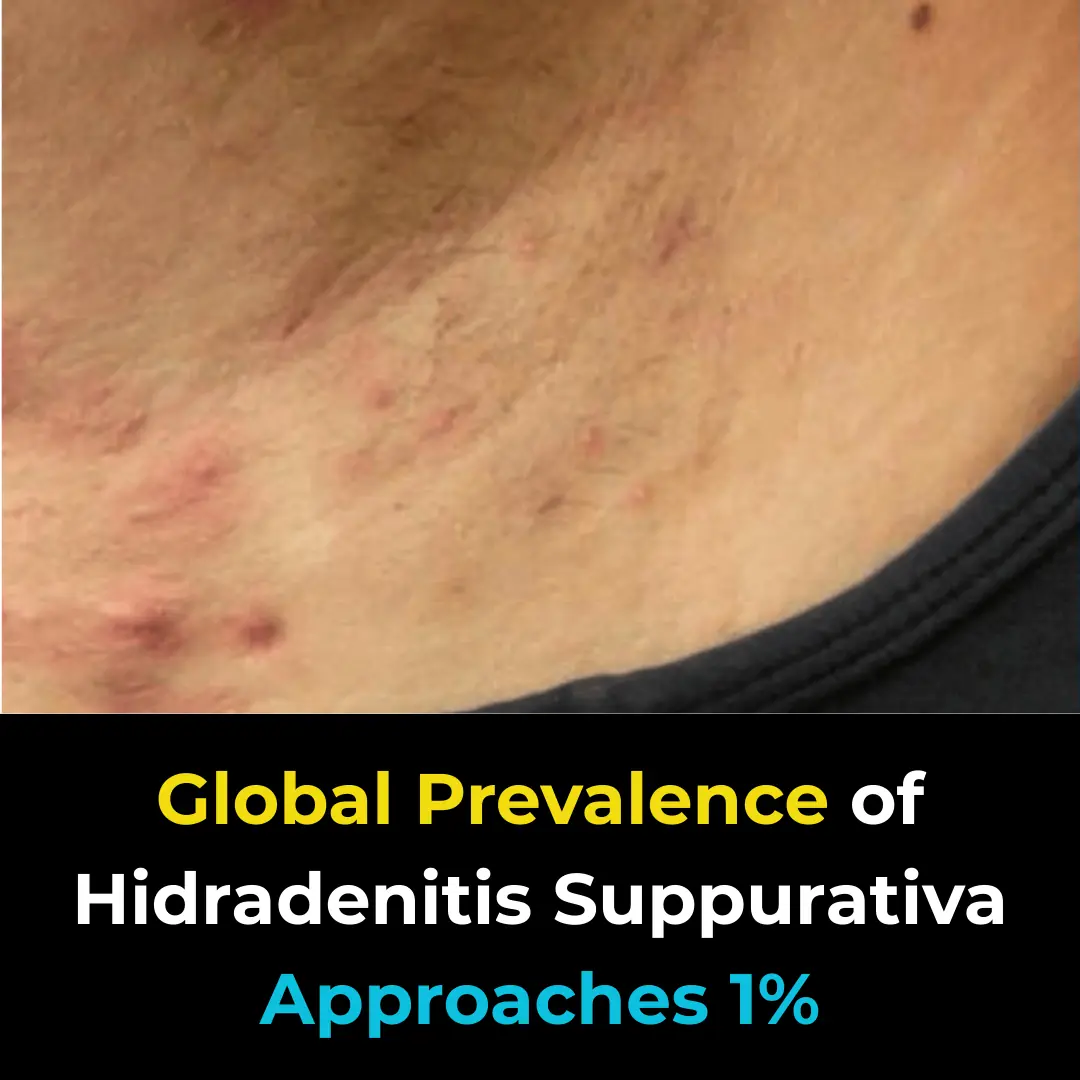
Global Prevalence of Hidradenitis Suppurativa Approaches 1%

Who Should Avoid Eating Chicken Feet?
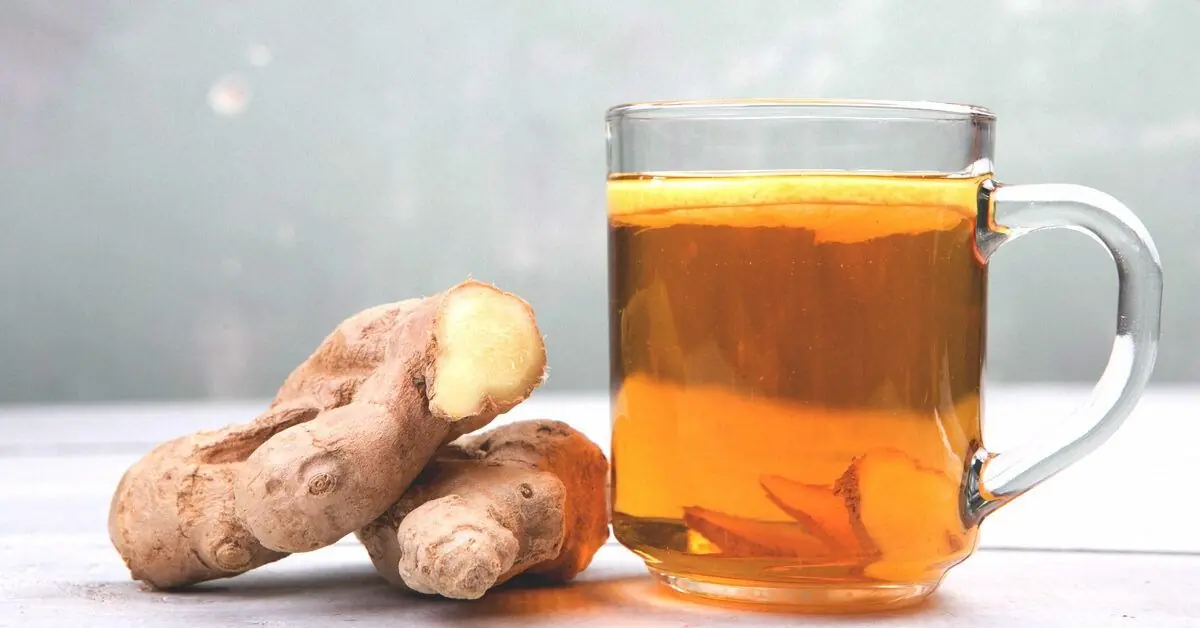
Here’s How To Get Rid of Sinus Infections Naturally, No Antibiotics Required!
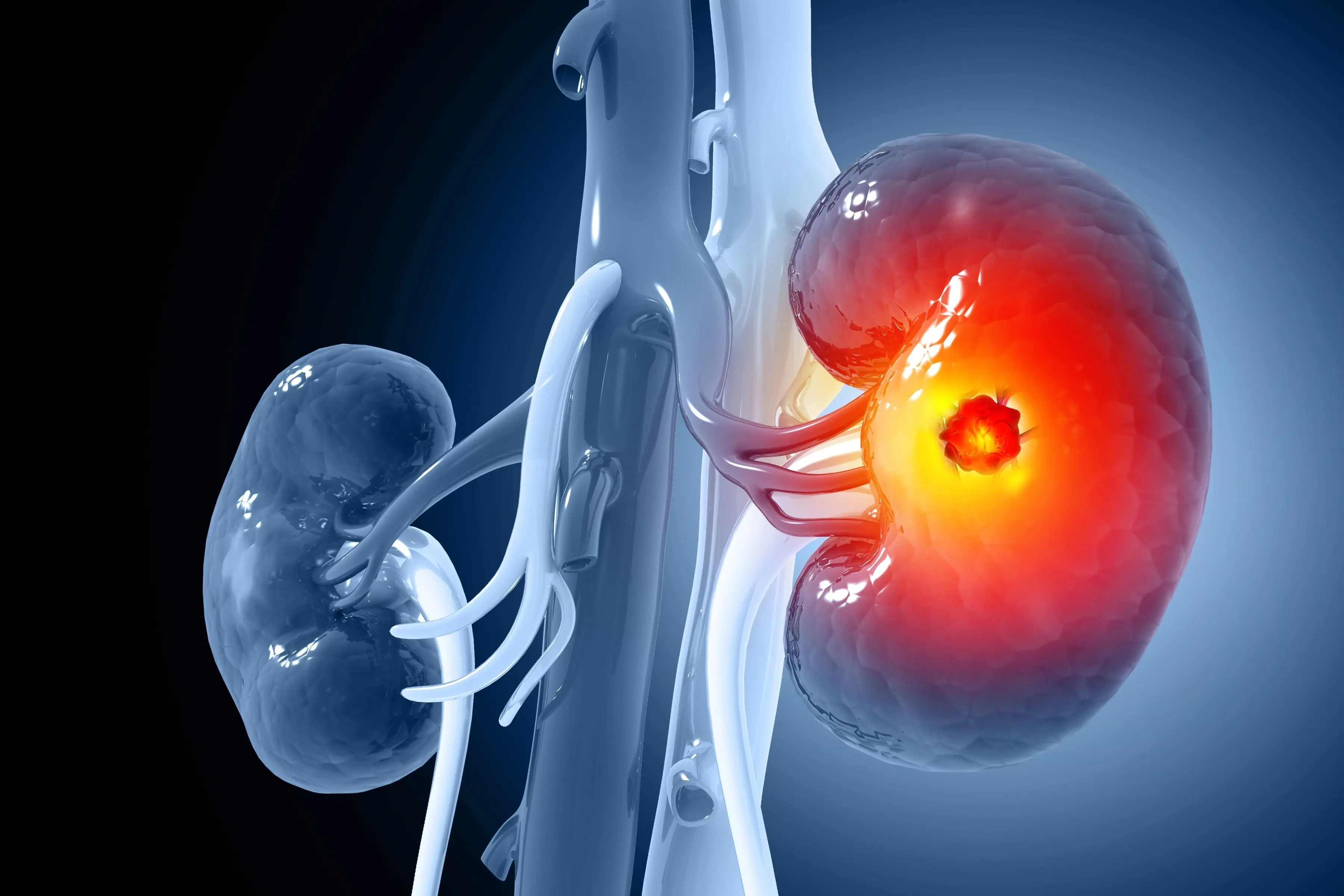
If You’re Experiencing THESE Symptoms, Your Kidneys May Be at Risk
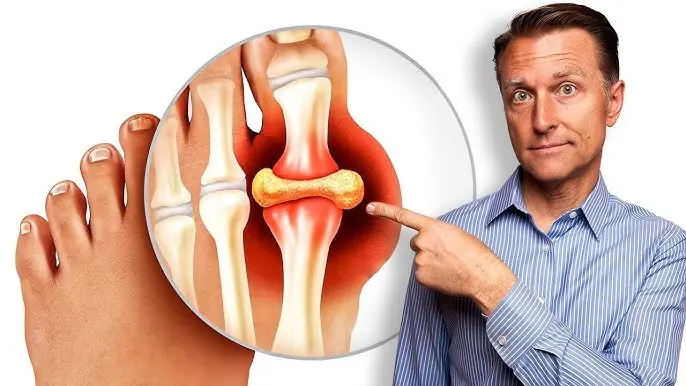
Best Natural Gout Treatments to Remove Uric Acid Crystallization and Prevent Gout And Joint Pain

Commonly Overlooked Signs Your Body Is Starving for Iron
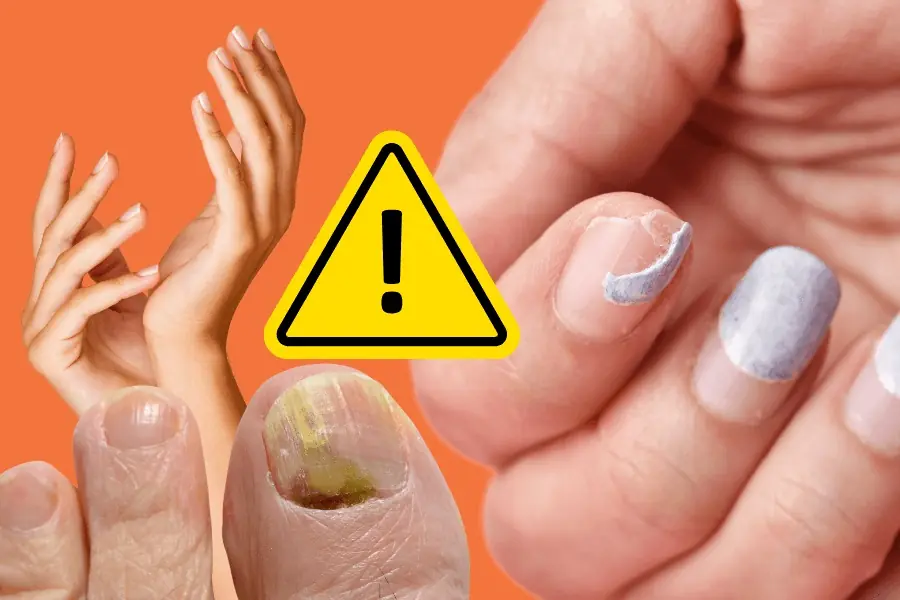
If Your Nails Show These 10 Signs, See a Doctor Immediately
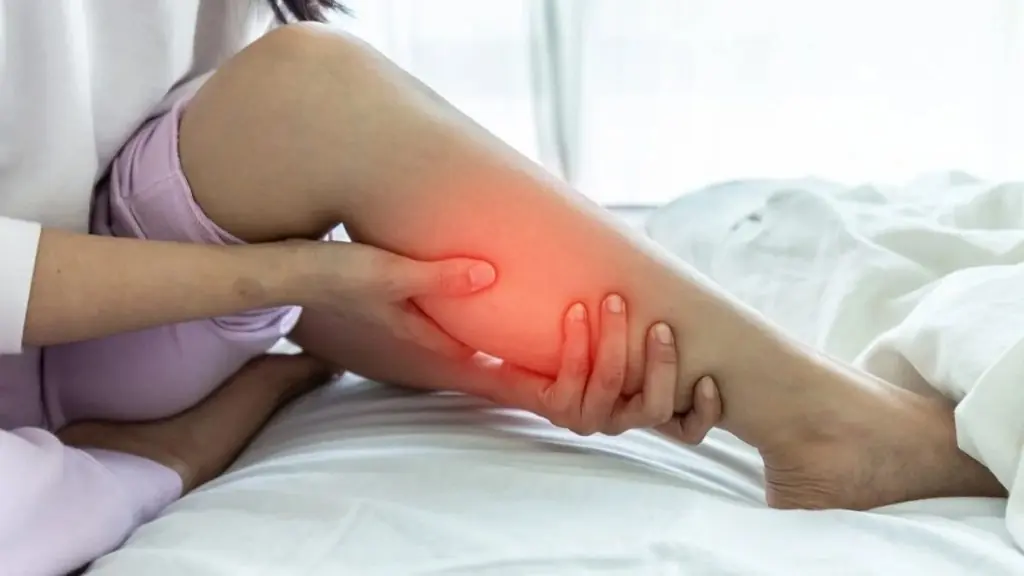
What’s Really Causing Your Leg Cramps at Night and How to Finally Stop Them

Amazing vitamin can help stop cancer growth and this is how much you need
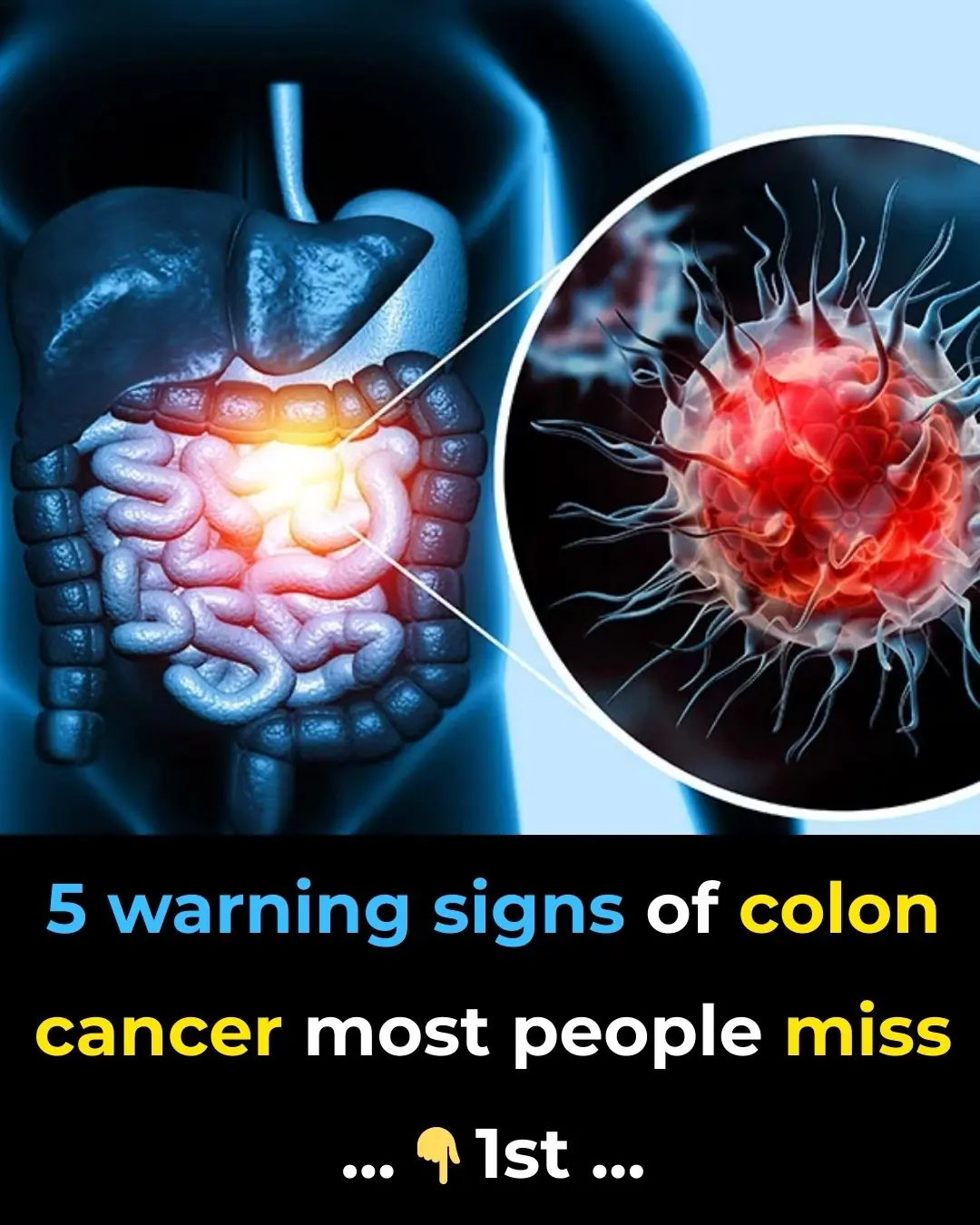
5 Unusual Signs Of Colon Cancer Folks Accidentally Ignore For Years

13 Early Warning Signs Your Blood Sugar is SUPER High
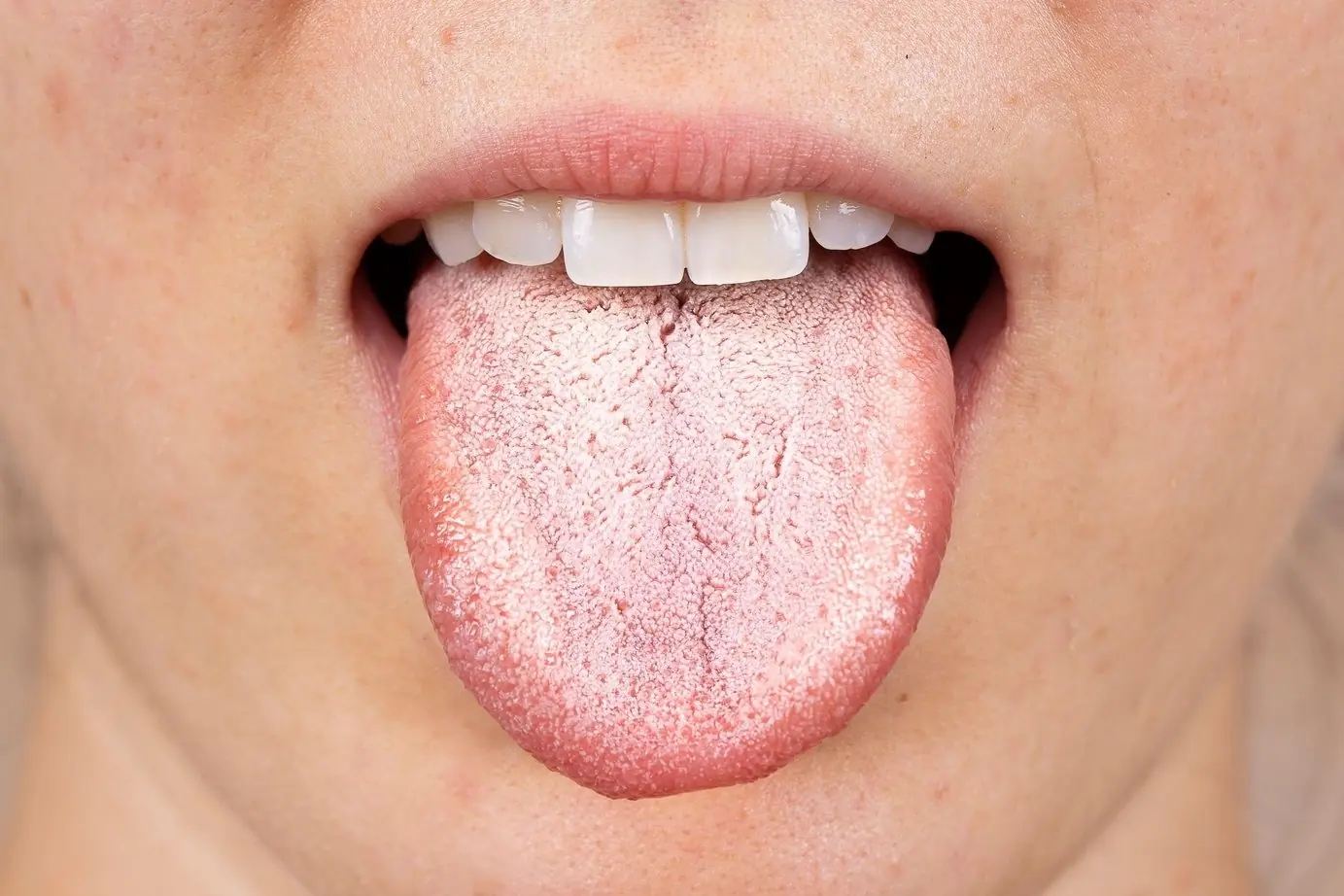
This Hidden Candida Symptom Starts in Your Mouth and Almost Everyone Misses It

This is Why You Always Wake Up in the MIDDLE of the Night (and how to make it STOP)
News Post

Delta Pilot Spends Year’s Salary to Fly 112 Friends to Hawaii for Epic Retirement Sendoff

1 cup before bed: end restless nights and repair your nerves

5 foods that heal your body and STARVE cancer—eat these now!
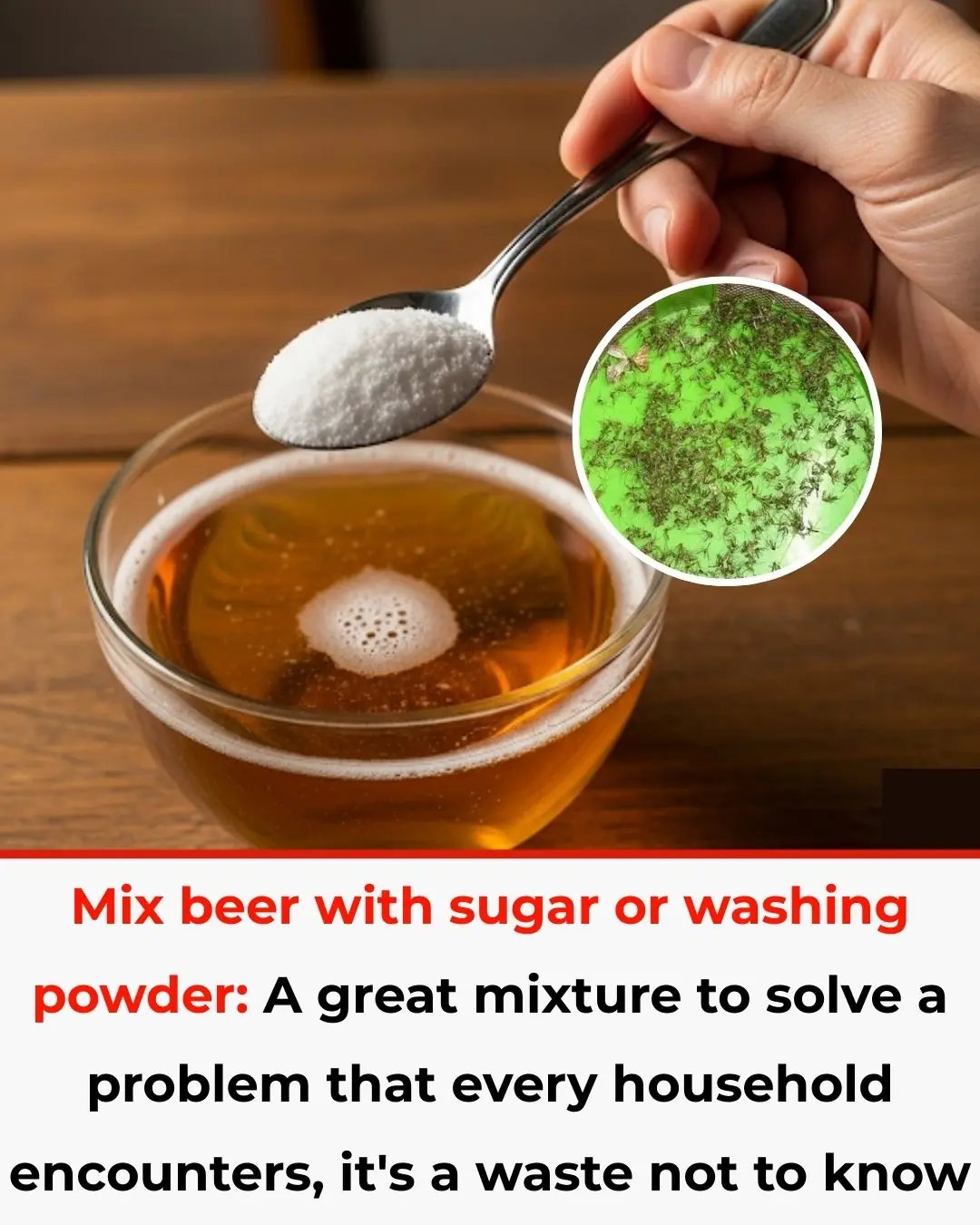
Mixing Beer with Sugar or Detergent: A Brilliant Solution to a Common Household Problem You Shouldn’t Miss

A Wild Herb That Grows Like Weeds, Used in Soups to Nourish the Liver and Strengthen Joints, Yet Most Vietnamese People Always Pull It Out When They See It

Is It Safe to Eat Rice Left Overnight in a Rice Cooker? A Personal Story and Expert Advice

Unbelievable footage shows moment Ukraine blows up two key Russian bridges using their own mines amid WW3 fears

Preventing Stroke At Any Age: 3 “Don’ts” After Meals—And 4 “Don’ts” Before Bed

Apple’s iPhone Users Are Justifiably Concerned By The New Meaning Of The Orange Dot On Their Screens

12 surprising foods that help dissolve blood clots naturally

Drinking perilla and lemon leaf tea brings these amazing health benefits to your body
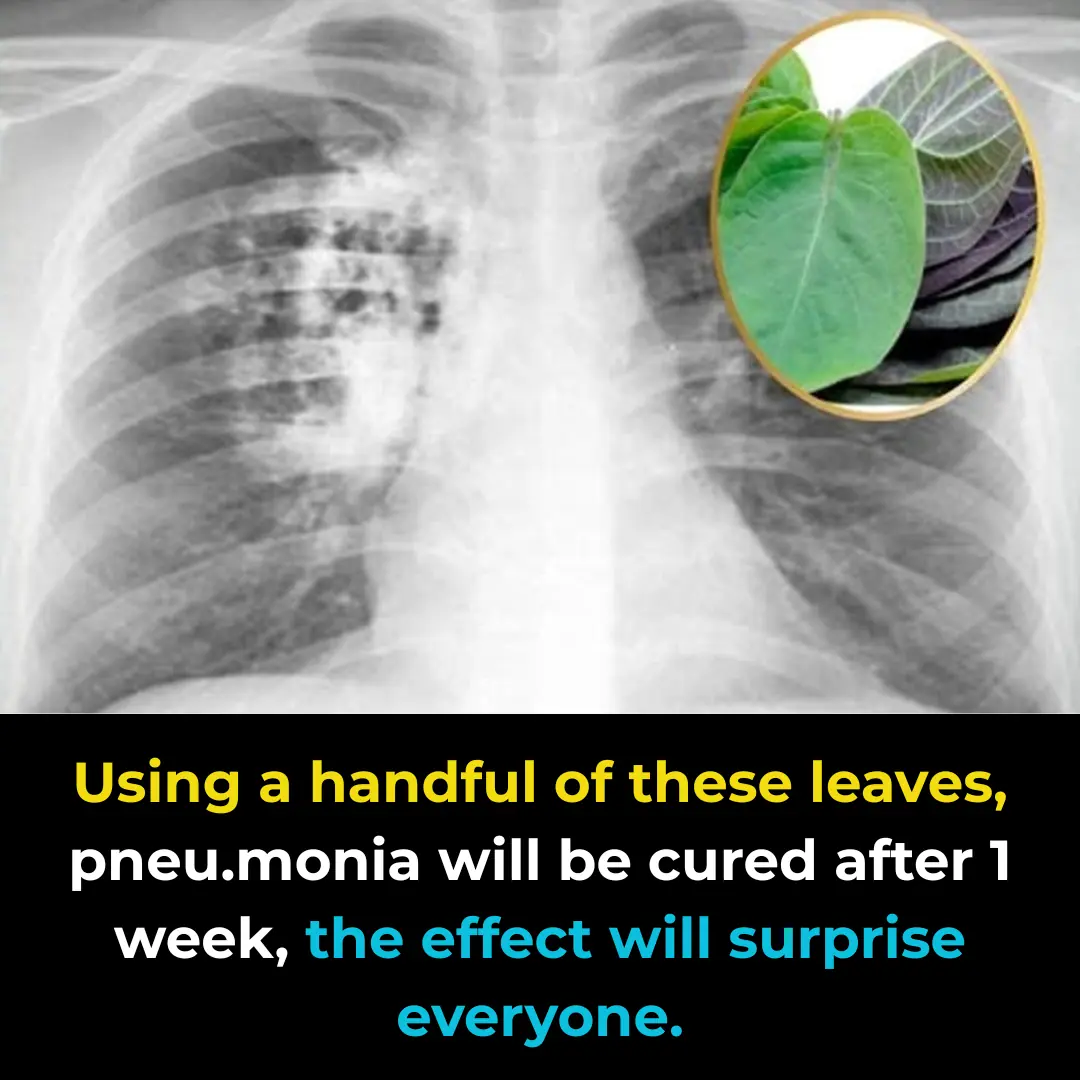
Using just a handful of Paederia foetida leaves, even severe lung inflammation can clear within a week — with results that surprise everyone.

5 Essential Life Skills Children Should Learn Early to Protect Themselves and Help Others

New B::l:ood Pressure Guidelines: 4 Things I Like and 2 Concerns

Intuitive Eating: A Non-Diet Approach Your Patients May Love

Saw This Trick For Oven Cleaning

Global Prevalence of Hidradenitis Suppurativa Approaches 1%

Who Should Avoid Eating Chicken Feet?
